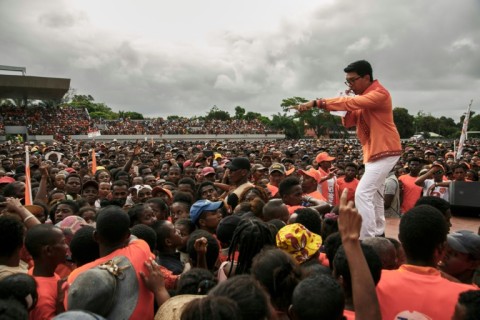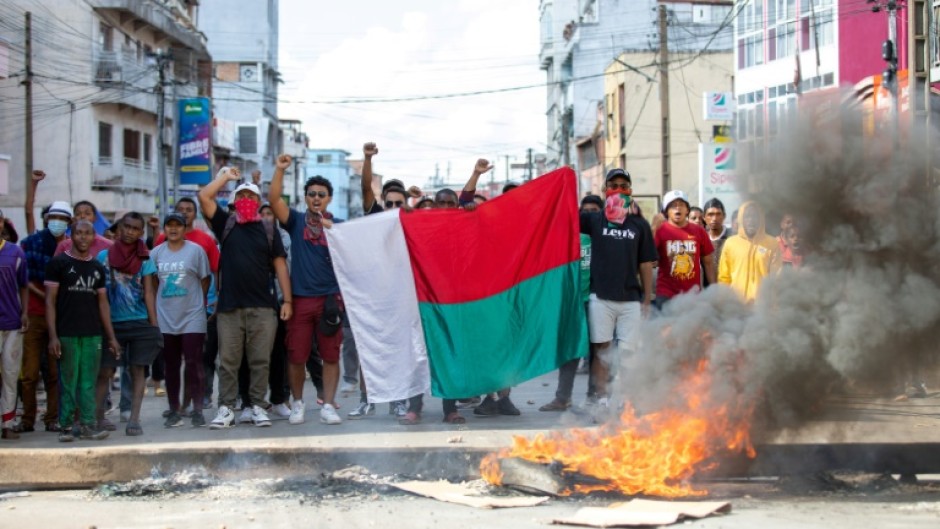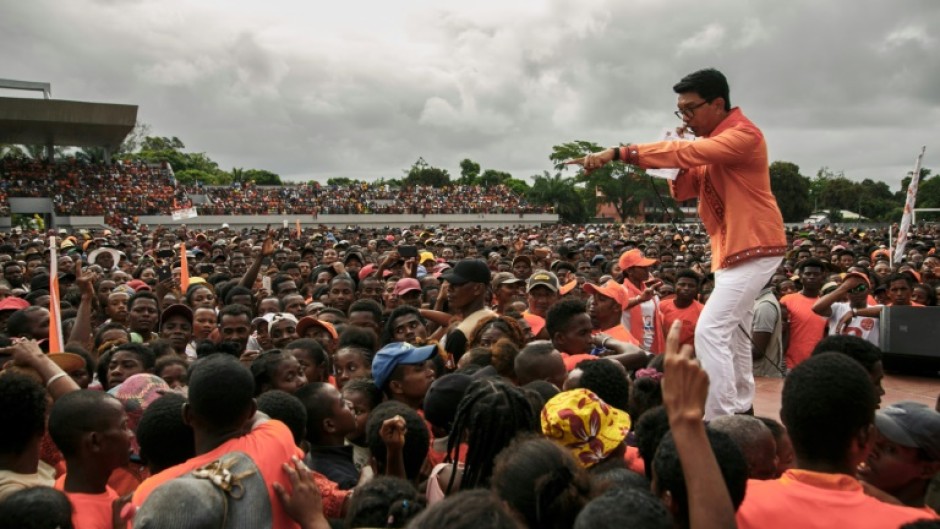MADAGASCAR - Six prominent presidential candidates in Madagascar told AFP on Monday they plan to boycott this week's elections, worsening a political crisis engulfing the country.
The six, who are part of a larger grouping of opposition candidates holding almost daily protests for weeks, said they will not take part in Thursday's vote and will urge their supporters not to cast their ballot.
"We will call (on people) not to go and vote," said presidential hopeful Marc Ravalomanana, 73, one of two former presidents to join calls for a boycott.
The Indian Ocean island nation has been shaken by a fierce battle between President Andry Rajoelina, who is running for re-election, and most opposition leaders.
Almost all the 12 opposition candidates in the running have led near daily, unauthorised marches in Antananarivo, for more than a month, protesting at what they have called an "institutional coup" that favours the incumbent.
The demonstrations have been regularly dispersed by police that on Saturday fired teargas and detained 11 protesters at yet another rally.
"I will not stand for election, that is very clear," said Hery Rajaonarimampianina, 65, another former president who was in the running to replace Rajoelina.
Last week, the head of the lower house of parliament, who leads a mediation group to find a way out of the crisis, called for the suspension of the presidential elections, to ensure "peace" and "harmony".
The situation in the country did not allow for a free and credible vote, she said.
But a spokeswoman for Rajoelina called the request a "far-fetched idea".
The outgoing president held his last campaign rally in Antananarivo on Sunday in front of a fervent crowd of several thousand people donning t-shirts bearing his image.
"I'm going to win, that's for sure, and in the first round," he told AFP in an interview at the weekend.
- 'Deep concern' -
Rajoelina, 49, became Africa's youngest head of state in 2009 when he took power on the back of a coup.

After not running in the 2013 election due to international pressure, he was voted back into power in 2018 and has since held the reins in a country that remains among the poorest in the world despite vast natural resources.
The show of support for the president at the weekend "means nothing" said Roland Ratsiraka, 57, another opposition candidate, hinting at the common practice of paying people to attend political rallies in the country.
Rajoelina "is lying to himself and he knows it," he said.
The European Union, the United States and other members of the international community have expressed "deep concern" at the political tensions and denounced the excessive use of force against the opposition.
The crisis erupted in September after Rajoelina resigned in line with the constitution in order to run for re-election.
The president of the Senate was supposed to take over but declined for "personal reasons", leaving the task to a "collegial government" headed by the prime minister, an ally of Rajoelina.
The move was accepted by the Constitutional Court, which also dismissed appeals to have Rajoelina's candidacy declared void over his dual French nationality, sparking opposition anger.
Voters in Madagascar were initially due to head to the polls on November 9, but the top court in October ordered that the elections be postponed after a presidential candidate was injured during a demonstration.
The date for a potential second round vote on December 20 was kept unchanged.
Thursday's election "will not take place", said Hajo Andrianainarivelo, 56, another opposition candidate.


